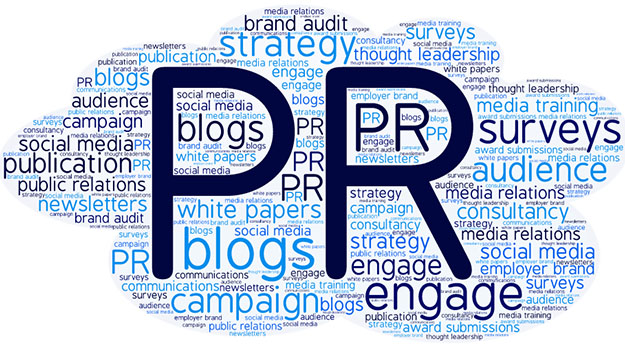Debunking the myths surrounding PR
Do you know exactly what a PR professional does? Unless you’re in the industry, there can often be some confusion around what PR is, how it differs from marketing, whether it’s worth spending on and what exactly we publicists do all day.
Here we debunk the many myths surrounding PR:
It’s not as glam as it sounds: Ok, some days we do get to enjoy some perks of the job such as a cocktail making class or getting up close and personal with a celeb, but most days we’re getting our hands very dirty! The best thing about PR is that no day is the same, so you’ll often find us setting up venues for an event, packaging up product to send out to media or running around shops trying to find a particular product for a photoshoot – all of which adds to the fun!
It’s different to marketing: To simplify things; Marketing is the promotion of a product or brand, and PR is centred around tactics that work together to maintain a positive reputation for a brand, person or company. While marketing often employs paid tactics, such as buying brand or content placement in a publication or website, PR is for the majority working alongside media to secure earned coverage.
You need to allocate budget to PR: Putting money towards marketing, social media, influencer relations or advertising alone just won’t provide the best ROI for your company. All of these tactics, along with PR come together to provide the best result for your campaigns. PR is particularly powerful due to editorial coverage being a third-party endorsement for your client or their brand. We may be biased, but PR is essential to achieving the results your brand really needs!
PR isn’t the only thing you should be doing: PR should be part of a holistic approach to launch your brand, raise brand awareness or get your brand in front of your target audience but definitely shouldn’t be the only thing you rely on. PR works exceptionally well alongside paid promotions such as social posts, media partnerships and advertising to create a buzz for your brand.
PR isn’t only necessary when you have a crisis: Only communicating to your audience when things go wrong isn’t going to achieve a positive outcome. Instead, it’s crucial to achieve ongoing coverage in key media outlets that connect you with your target audience. Then, if anything bad does happen, you have positive sentiment amongst media and consumers to fall back on, which will really help your position in the long run.
PR can be measured: As with marketing, advertising or paid social, PR can in fact be measured. Here at Agent99 we use platform to measure the amount of earned coverage we have secured for coverage, as well as share of voice, which gauges sentiment amongst media and finally, overall reach, which establishes the amount of people our coverage has reached. All of which can be closely tied back to your business’s key objectives.
Do you think PR is for you? Get in touch today to discuss (Contact us).
